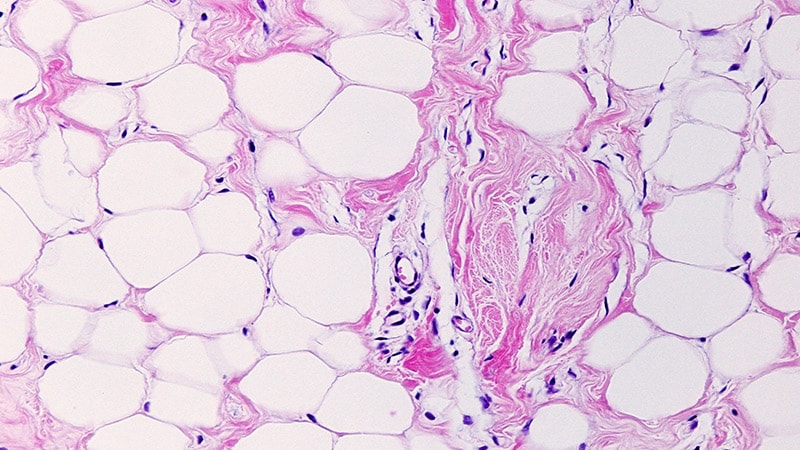Scientists have found a protein in mice that helps to regulate circadian rhythms by stabilizing the brain’s response to light. Researchers believe that it could help treat sleep disorders and jet lag. Circadian rhythms are our internal body clocks and disruptions to them can cause problems like insomnia. Light helps to train our circadian rhythms. The protein identified is called teneurin-3 and it helps to maintain stable rhythms even in variable light exposure. When the researchers experimentally reduced Tenm3, the mice were more responsive to changes in light. This study could help develop better treatments for sleep problems and jet lag in humans.
Source link
‘Visual system’ protein appears to be key for stabilizing the body’s circadian rhythms










